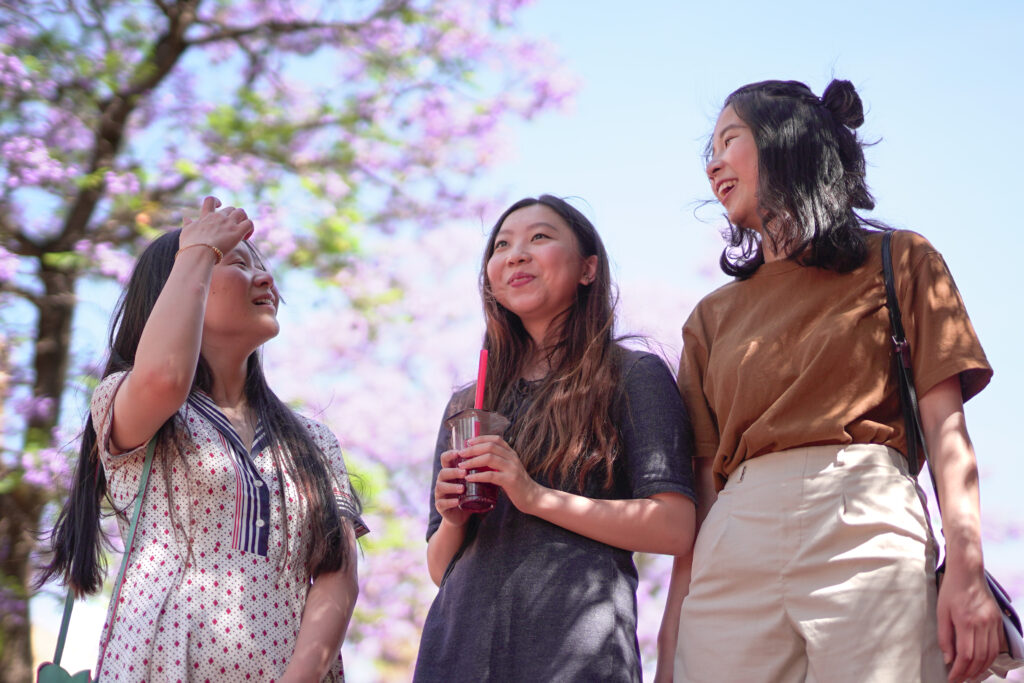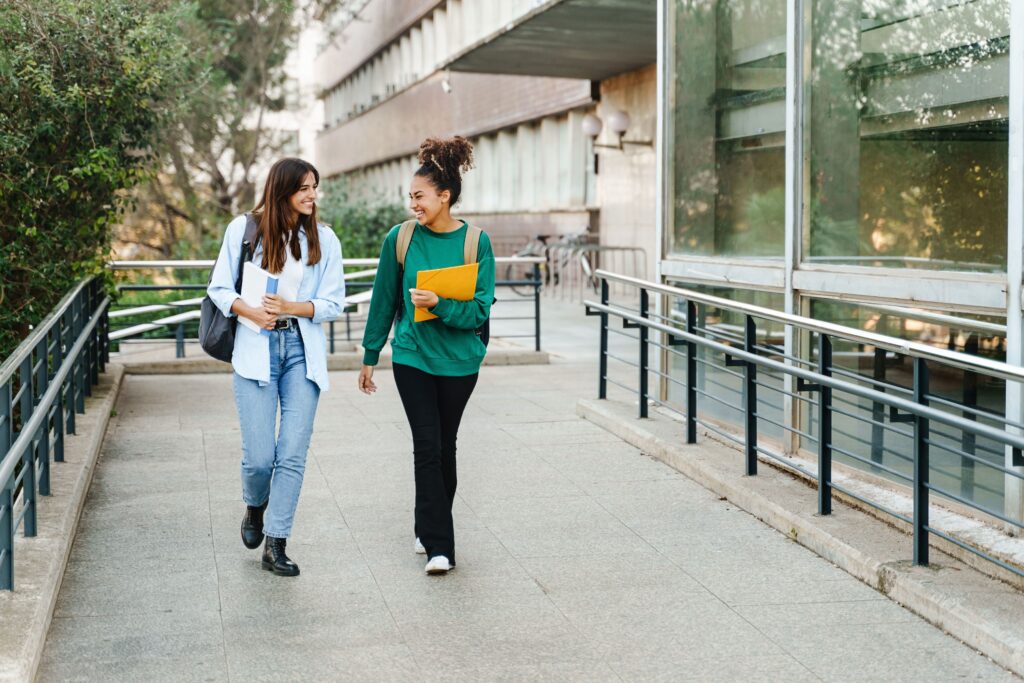Receiving an offer letter from a university is exciting. You’re probably already imagining your new life in Australia and what you might do once you arrive!
However, before you accept your offer, there are a few things you need to consider.
Cost
Studying in Australia as an international student is often expensive. Giulia Orefice, an Italian international student studying a Bachelor of Health Science at Western Sydney University, Sydney City Campus, says you should be prepared, understand how you will pay your university fees, and consider the restrictions on working hours for international students.
“You can only work 20 hours legally, and you won’t have the time to work more than that,” she explains. While the government has relaxed rules around maximum working hours in response to the COVID-19 pandemic, these rules will be reviewed in April 2022.
To ease the cost of studying, it’s a good idea to look into scholarship options provided by the education provider of your choice. Scholarships are often awarded on academic merit, and you may need to maintain your high academic performance to retain the scholarship.
Giulia recommends contacting your future education provider’s student information service to find out more about scholarships.
Visas
As an international student in Australia, you must understand your visa conditions and your long term visa outlook if you want to remain in Australia. Giulia says it’s important not to rely on your student/education agent for this but to do the research yourself.
“Always double-check all the information with the university”, she urges future students, noting that student agents do not always have up-to-date information. Many education providers offer a student service where aspiring students can get in touch with current students and staff and resolve any questions they may have.
If you’re planning on staying in Australia long term, don’t assume that your student visa will grant you permanent residency. Many factors go into applying for and being granted permanent residency, so be aware of these in advance.
Giulia recommends speaking with an immigration lawyer rather than relying solely on your education agent.
“Don’t ask these sorts of questions to random people or the internet…this is your life, this is a huge investment.”
Speaking to fellow students
Word of mouth can be an incredibly powerful thing when it comes to choosing where you want to study. Sometimes, you just need to hear from someone that has experienced your course firsthand, to understand if it’s right for you.
Most education providers will offer services that allow you to speak to current students or alumni to discuss the institution itself or specific courses. Or, reach out to them and ask to set up a meeting or put you in contact with someone so you can ask questions.
Some providers have Ambassadors, of which Giulia is one for the Sydney Institute of Business and Technology (SIBT) and Western Sydney University. Want to hear from someone who has been through the visa process, has taken the electives you are researching or has lived through an intimidating exam period? Ambassadors are here to help!
In a pinch, reach out to alumni or current students from your chosen education provider on LinkedIn. Send a polite message saying you’re interested in discussing your course choices with them – if they’re not too busy, they may be able to chat with you. This is also a great step in building your professional network!
Location
Australia has a lot to offer international students. Depending on what kind of lifestyle you want to lead and what area of study you’re interested in, you can pick an Australian city that meets your needs.
Some good questions to ask yourself might be: do you want to live in a big city? Do you value being able to access nature easily? Will you have access to a car? These are all factors that may influence where you’d like to live and study in Australia.
Intake and degree length
Another important consideration is when you can start studying.
When it came to choosing an education provider, Giulia chose Western Sydney University, Sydney City Campus, as its health science degree has several intakes across the year. This meant she didn’t have to wait until the beginning of the calendar year to start studying.
The length of the degree you’ve chosen may also factor into your decision. Most Australian bachelor’s degrees are three years, but some may be longer, or you may have compulsory work experience that you need to complete before graduating.
Degree recognition
Before you embark on your Australian study adventure, check whether the degree you are awarded in Australia will be recognised in your home country or wherever else you might want to work in the future.
Typically, this won’t be an issue with most degrees as Australian universities are highly regarded internationally. However, for specialised degrees like law and medicine, it’s best to confirm that you’ll be able to work in your chosen field when you return home.
Living and studying in Australia can be an enriching experience. Australia has beautiful nature to explore, exciting cities to live in and a laid back, friendly culture.
Being well-prepared for your study experience here will help you make the most of your time in Australia and leave you feeling confident in your choices.







